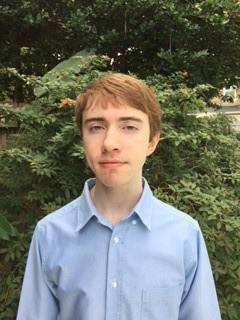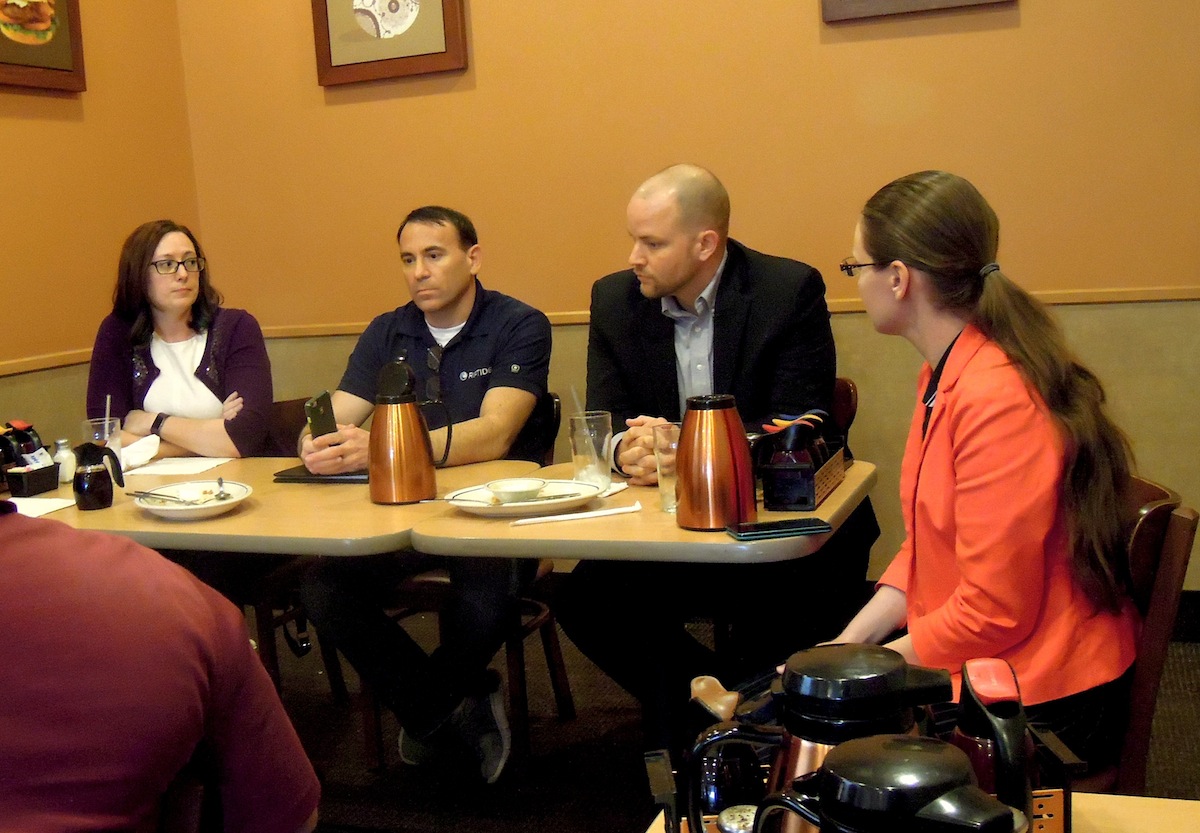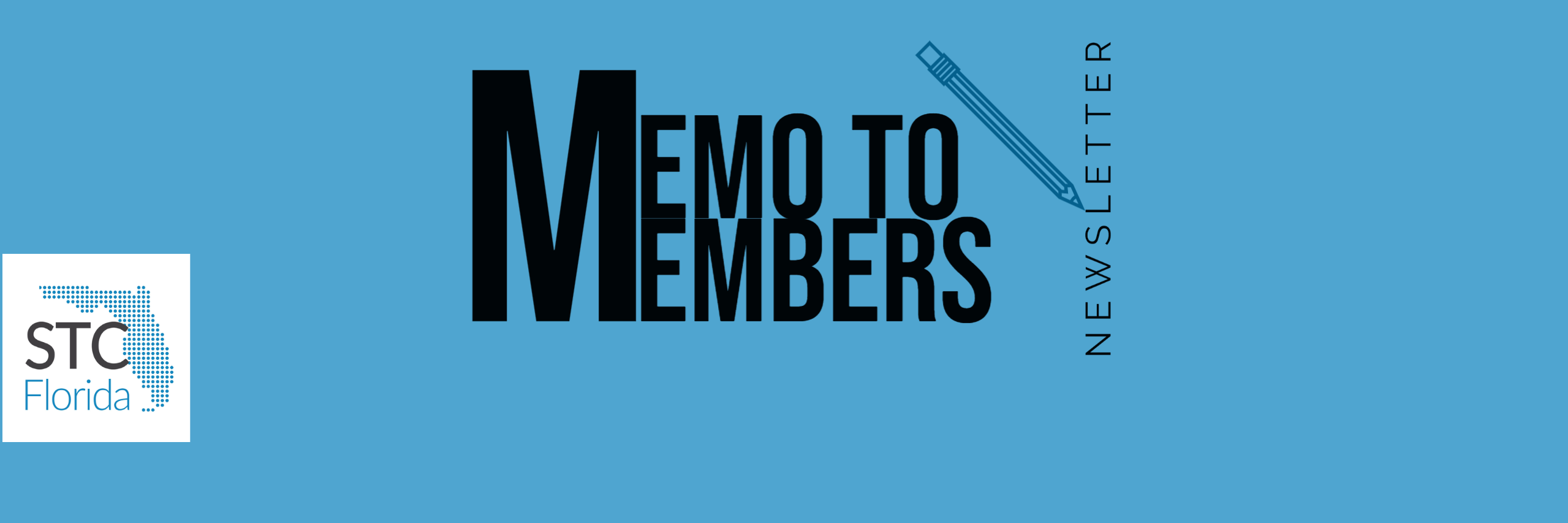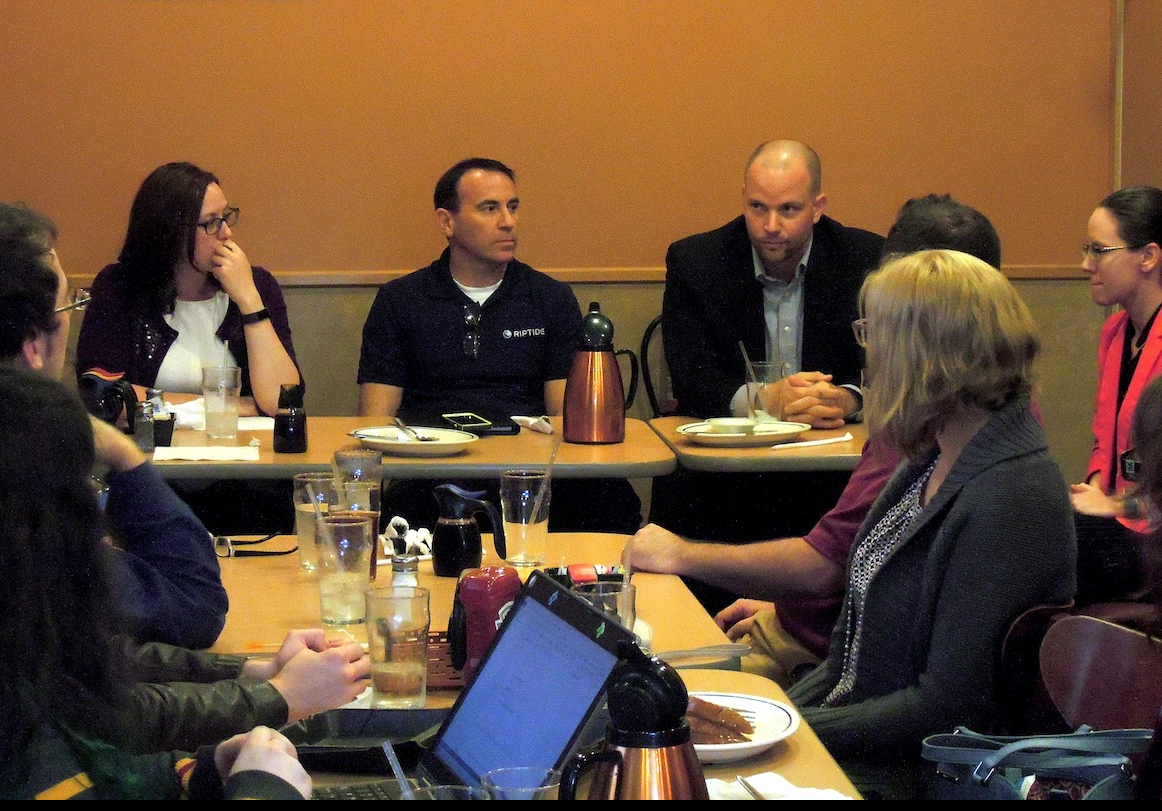 2017 Annual Employment Panel:
2017 Annual Employment Panel:
“The subtitle for this whole thing is honesty.”
By: Jonathan Neal
Staff Writer, Memo to Members
On March 23rd, the Orlando Central Florida (OCF) chapter of STC held its annual employment panel at the IHOP on University Boulevard. Stephanie Young of Lockheed Martin, Scott Dorsett of Riptide Software, and Matthew Carlisle of SkyBridge Resources answered questions and offered their advice on a variety of topics such as resume writing, the job application process, and what questions to ask during an interview.

Below is a brief synopsis of the Q&A:
Q. What certifications should I get?
A. The consensus is that you should only go for certifications that you know are required, and it is highly unlikely any will be required. Some companies pay for their employees to earn and maintain certifications, so their main utility tends to be for attaining promotions within a company.
With this in mind, Madcap Flare is currently in demand and not many employees have this.
Q. What is the application process like?
A. The most common application process is composed of an online application, a brief screening phone call, and then an in-person interview. Large companies tend to have their own full-functioning websites for job searches and online applications; the remainder use recruiter services such as SkyBridge and Indeed. You may need to make accounts for several companies’ job search engines and email bots. Your best bets are recruiters who have been with their firm for at least 1.5 years. Finding them and signing up takes time, but before you know it, you will be receiving many emails full of opportunities.
One thing to keep in mind is that knowing somebody in the company will help you immensely. Do not underestimate the impact this can have on your search. Also, it is okay to apply again at the same company if at first you are not selected. Different recruiters have different connections, and they are all under pressure to work quickly, so your resume can get lost in the bustle. Try not to let it discourage you – keep trying!
Q. What stands out in a resume?
A. Consistent formatting is a must. No one format is the best of them all – the important thing is consistency throughout. Misspelling is a fatal mistake for technical writers, so try to have your resume peer reviewed to catch these mistakes before sending it to recruiters.
As for the content, technical writers should include their ability to “write process,” which means knowing how to prepare content with an instructional, verb-driven format. Beyond this, note your core skills and tool skills such as XML, HTML, and CSS.
A more technical resume reduces the number of questions recruiters need to ask, and makes it more likely for the right recruiter to contact you. You may want to create special resumes for your most desired jobs.
Only show your last 10 years of experience. Anything more will be clutter. Also, for future reference, know that it is considered a “red flag” if your experience suggests hopping from one contract to another every 3 or 4 months. Contract hopping is bad, because you have to explain each change, which consumes time better spent explaining your accomplishments and skills.
Q. What should I bring to an interview?
A. Bring physical copies of your resume and portfolio. Bring a pen and a notebook. Regarding dress code, know that you cannot be overdressed, but you should try to look and feel comfortable. It is common to wear a suit without the jacket. If you are female, avoid “capris and ruffles” and other such clothing because you want to match the level of professionalism of the environment.
Q. What are three traits you look for?
A. Recruiters do not necessarily look for personality traits, because those can be acquired on the job. However, confidence and organization leave a positive impression. Be open to sharing information about yourself and encourage transparency from both sides.
In short, the answer is confidence, organization, and openness/transparency/honesty.
Q. How do you balance selling yourself vs. being truthful about inexperience?
A. If you are a recent college graduate with little or no experience, you are not alone! Recruiters work with and hire applicants just like you on a regular basis. However, you must never lie about your skillset or experience. Instead, ask up front what the job requires, and inquire specifically about skills you are missing. Do this near the start of the interview – not near the end. If possible, try to talk about what you’ve done as opposed to what you know, because your accomplishments (the tangible results of your group projects in college, specifically) have a big impact.
Q. What is a good response for the question, “What is your biggest weakness?”
A. This question requires an honest answer. Do not attempt to portray a strength as a weakness (e.g. “I’m a perfectionist.” or “I work too hard.”). Instead, tell the recruiter what you are currently learning more about. This will demonstrate that you are cognizant of your flaws, honest enough to reveal them, and reliable enough to take the initiative to work on them.
Q. What questions do you like to be asked?
A.The best questions will tell you specifics about the position you will be taking:
Who will I be working with?
What software will I be working with?
Do I see the hardware?
What type of contract is it?
Q. Anything else?
A. If you do not have a LinkedIn account, take some time to create one. Make sure the content in your LinkedIn profile matches your resume and you’ll be ready to go!


